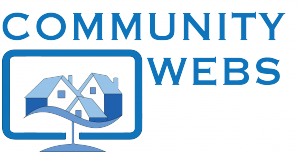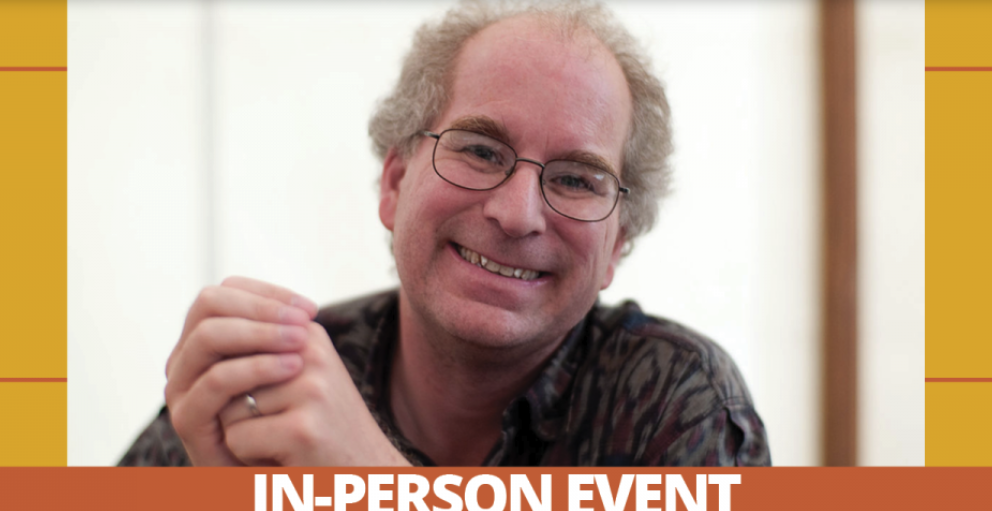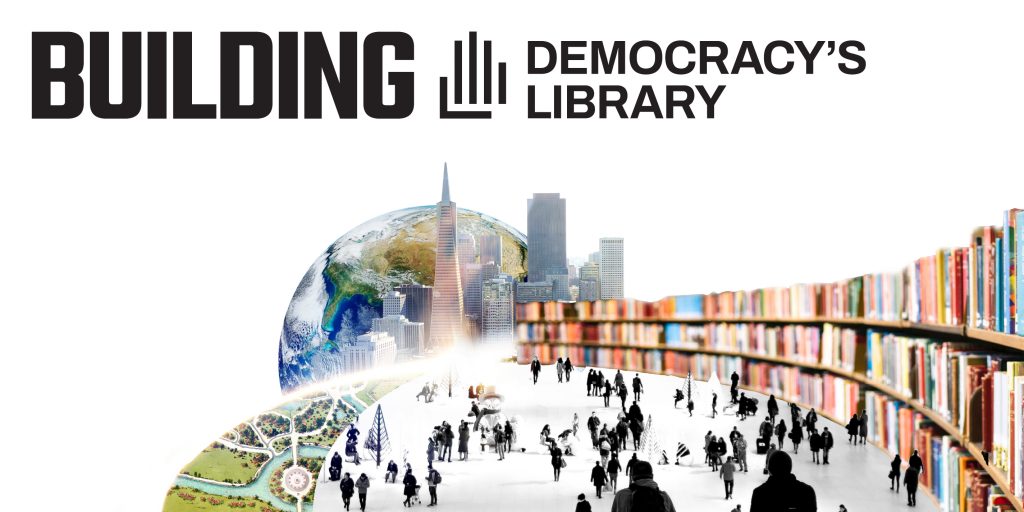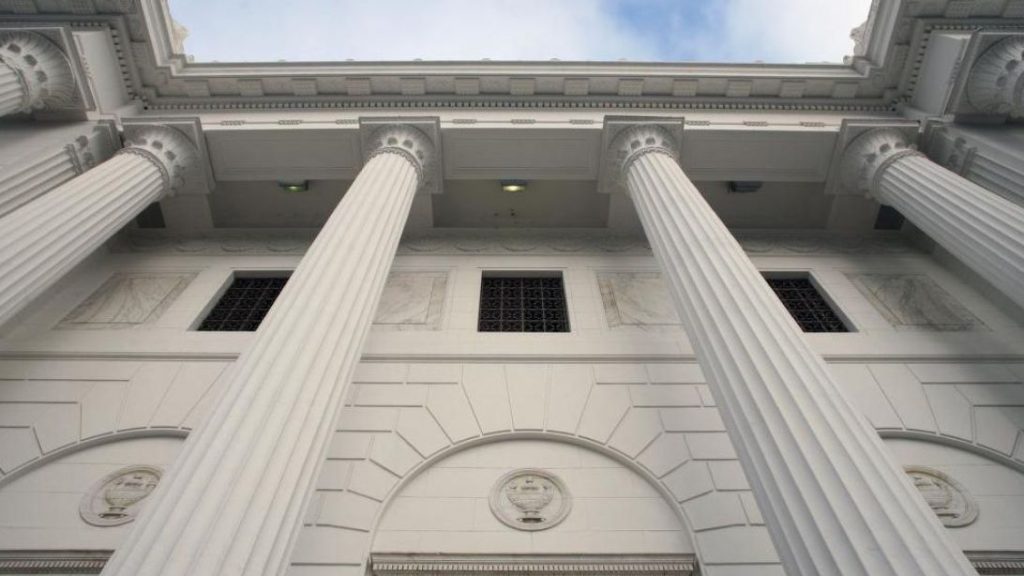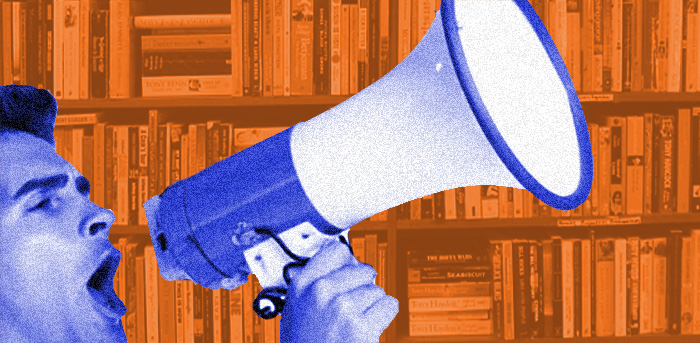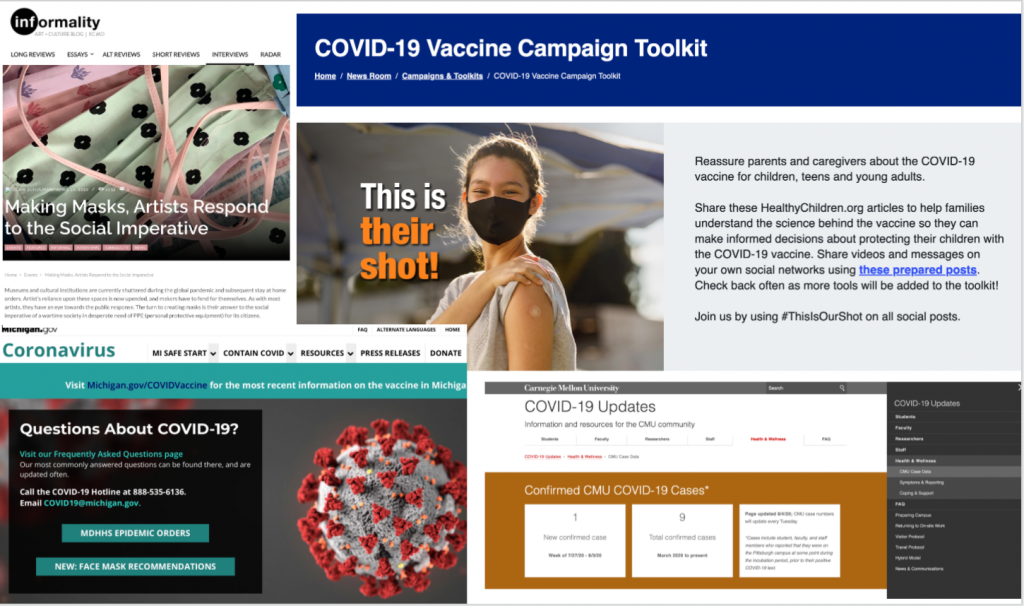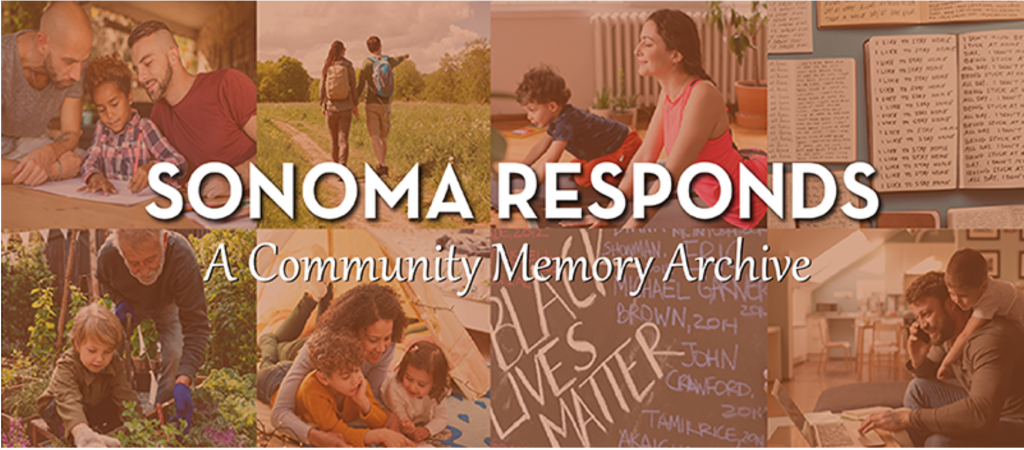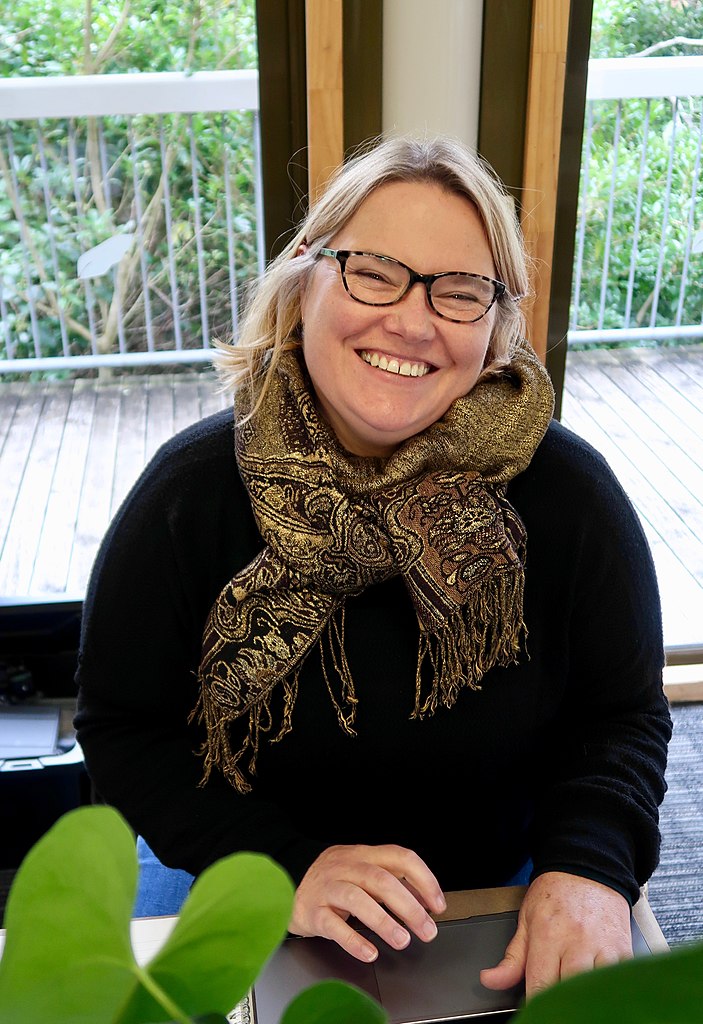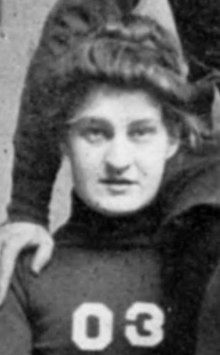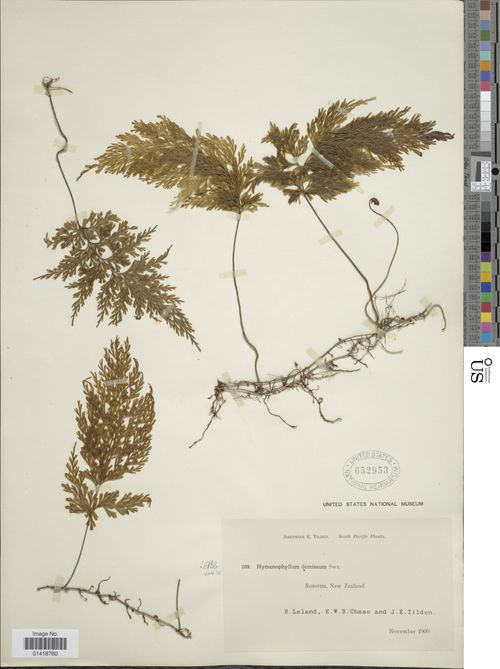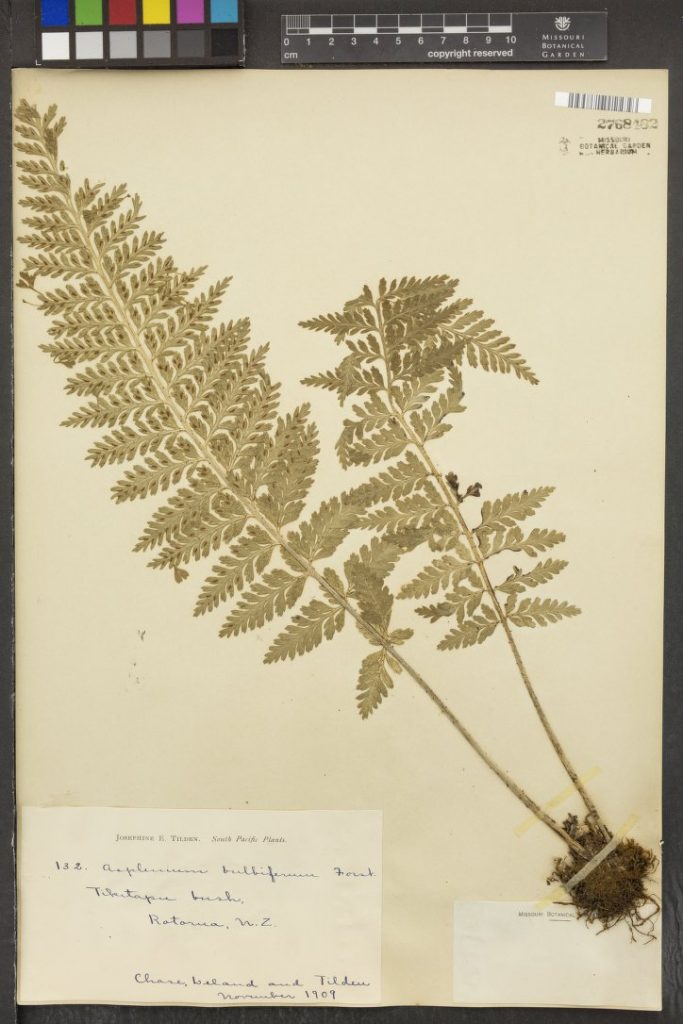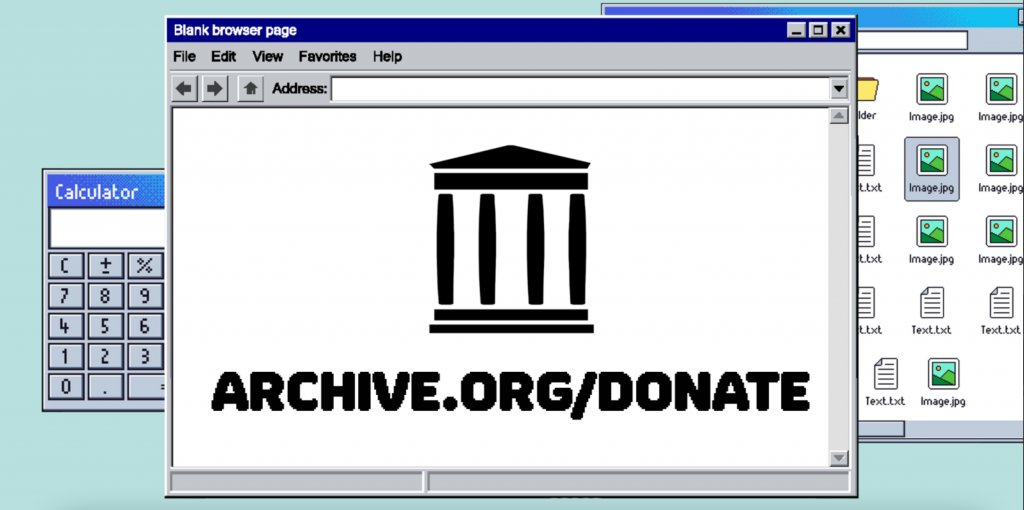Internet Archive’s Community Webs program is excited to announce that metadata for more than 4,800 archived websites and web collections created by 23 Community Webs member organizations are now available in Digital Public Library of America (DPLA). This marks the first of many metadata ingests that will come over the next months and years, as additional web and digital archives are created and described by members of the program. To access Community Webs web content in DPLA, click here.
The Community Webs program was launched in 2017, and currently provides web and digital archiving training, infrastructure, services, and professional community cultivation for more than 150 public libraries and cultural heritage organizations across the country and around the world. The participating organizations have shared goals of documenting local history and community archiving, especially documenting communities and populaces traditionally excluded from the historical record. These goals dovetail nicely with DPLA’s recently launched Digital Equity Project, which aims to provide support to libraries and archives as they shift toward greater inclusion of diverse stories and voices.
Community Webs collections now available in DPLA include:
- The #Syllabus collection, created by the Schomburg Center for Research in Black Culture in New York City, which “aims to web archive Black-authored and Black-related educational resources to document Black studies, movements, and experiences in the twenty-first century.”
- The D.C. Punk (Web) Archive, created by People’s Archive, DC Public Library, which documents the punk and hardcore music scenes in Washington, DC.
- The Covid-19 in Hennepin County collection, created by Hennepin County Library, which documents the pandemic’s impact on Minneapolis, Minnesota and the surrounding areas, is one of a dozen web collections on local impacts of the Covid-19 pandemic which are now available in DPLA.
The Internet Archive has been a DPLA content provider since 2015, primarily contributing digital materials from our many print digitizing partnerships. However, this is the first time our partners’ web collections have appeared in the DPLA. We are excited for this opportunity to add community-focused born-digital and web collections from our program partners to the already unparalleled breadth of cultural heritage collections accessible via DPLA’s portal. We think these hyperlocal archived web resources will add additional depth and context to DPLA’s existing national collections. Meanwhile, the Community Webs collections’ inclusion in the portal will put these materials alongside other types of digital objects and in front of a broader audience of researchers, steps that are vital to dismantling the silos that often enclose web archives.
We are grateful to be partnering with DPLA to increase access to these vital community history collections and look forward to building more integrations and furthering this collaboration in the years to come. We would like to extend special thanks to the team at DPLA for all their work making this integration possible and to the 23 Community Webs member organizations who have both built and shared their local history web content for posterity.

